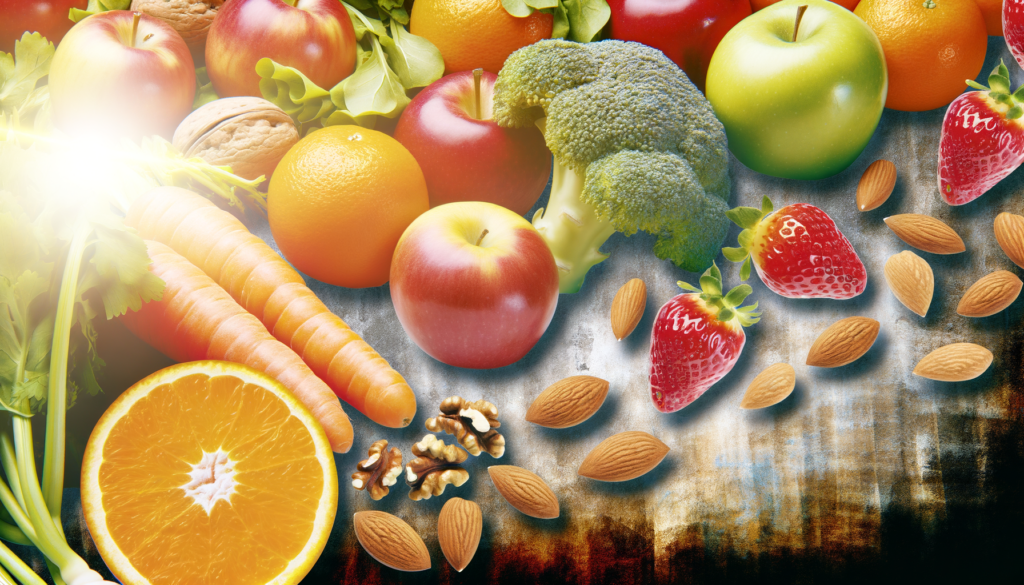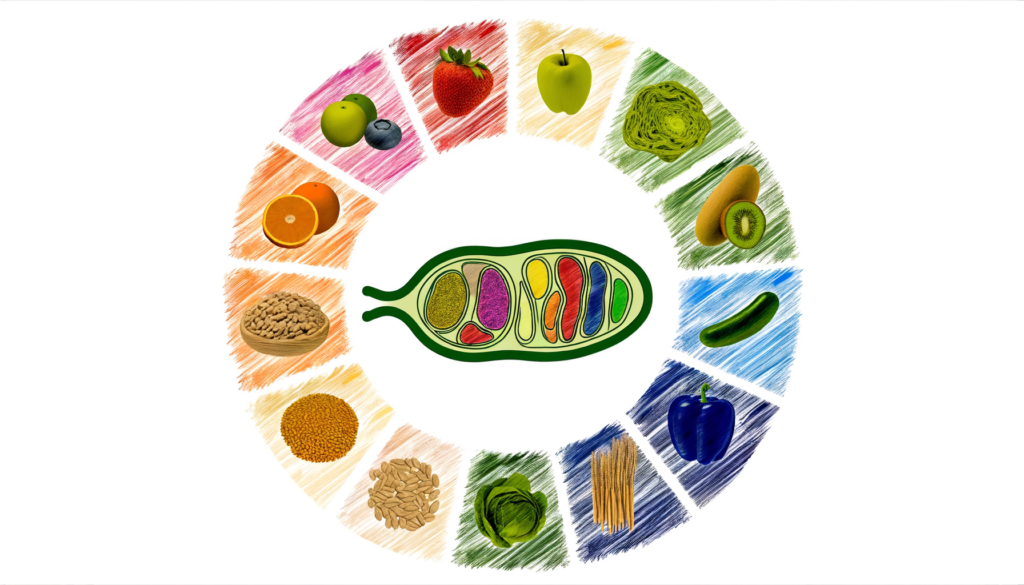Navigating the Complexities of Plant-Based Nutrition for Athletes and Bodybuilders
For athletes and bodybuilders adopting a plant-based diet, managing nutritional intake is a critical aspect of maintaining performance and overall health. Here, we delve into the specifics of calorie tracking, protein optimization, and strategic dietary planning for those on a plant-based regimen.
Understanding Nutritional Challenges
Plant-based diets, while rich in nutrients, present several unique challenges. Vegan athletes, in particular, must be vigilant about micronutrients such as vitamin B12, iron, zinc, calcium, and iodine, which are often found in higher concentrations in animal products.
### Key Nutrients to Focus On
– **Vitamin B12:** Often obtained through animal products, vitamin B12 is crucial for energy production and nerve function. Vegan athletes can get this through fortified foods or supplements.
– **Iron:** Plant-based sources of iron include legumes, beans, and fortified cereals. However, the iron from these sources is not as easily absorbed as the iron from animal products.
– **Zinc:** Found in nuts, seeds, and legumes, zinc is essential for immune function and protein synthesis.
– **Calcium:** Crucial for bone health, calcium can be obtained from fortified plant-based milk, dark leafy greens, and tofu.
– **Iodine:** Essential for thyroid function, iodine can be found in seaweed and iodized salt.
Tools for Effective Calorie Tracking
Utilizing the right tools can significantly simplify the process of tracking calories and nutrients.
### Nutrition Tracker Apps
– **Cronometer:** This app stands out for its detailed macronutrient and micronutrient tracking features. It allows users to log meals using an extensive database of over a million foods and ingredients, providing accurate nutritional information.
– **MyFitnessPal:** Highly recommended for athletes, MyFitnessPal offers a vast food database and a user-friendly interface. The premium version provides additional features like advanced nutrient tracking and personalized recommendations.
– **Plantevo:** A vegan-specific nutrition and health app that allows users to track calories, water intake, fasting periods, and body measurements. It also provides insights into macronutrients, vitamins, and minerals through informative charts.
### Calorie Calculators
Tools like the Calorie Calculator Cloud can help athletes determine their caloric requirements based on their activity levels, weight goals, and other factors. This is particularly useful for athletes who need to adjust their diets according to their training phases and performance goals.
Strategic Planning of Plant-Based Diets
### Energy Intake
Achieving adequate energy intake is crucial for plant-based athletes. Since plant-based foods can be high in fiber and low in calories, it is necessary to consume more frequent meals or higher-calorie foods. For example, during a bulking phase, athletes should incorporate a daily 400-800 calorie surplus, focusing on complex carbohydrates and healthy fats.
### Protein Sources
Including a variety of protein-rich plant foods is essential. These include legumes, beans, lentils, tofu, and vegan protein powders. Combining different plant-based protein sources helps achieve the necessary amino acid profile. For instance, a vegan bodybuilder should aim for 0.7–1.0 grams of protein per pound of body weight per day.
### Micronutrients
Pay special attention to micronutrients that are often lacking in plant-based diets. Fortified foods, supplements, or carefully selected plant-based sources can help meet these needs. For example, fortified plant-based milk can provide calcium and vitamin D.
### Supplementation
Consider supplements like creatine and β-alanine, which can enhance performance and help compensate for lower levels found in plant-based diets. These supplements are particularly beneficial during intense training phases.
Bulking and Cutting on a Plant-Based Diet
### Plant-Based Bulking Phase
During the bulking phase, the goal is to promote muscle growth by consuming a caloric surplus. Here are some key strategies:
– **Increase Complex Carbohydrates:** Focus on whole grains, gluten-free pasta, brown rice, quinoa, and a variety of beans and legumes. These foods provide a wide range of nutrients, including phytonutrients with antioxidant and anti-inflammatory benefits.
– **Include Healthy Fats:** Monounsaturated and polyunsaturated fats are essential for heart health and sustaining muscle. Nuts, seeds, avocados, and olive oil are good sources.
– **Protein Optimization:** Ensure high protein intake from sources like tofu, seitan, legumes, and vegan protein powders.
### Plant-Based Cutting Phase
When looking to shed body fat, a calorie deficit is necessary. Here are some strategies:
– **Daily Calorie Deficit:** Aim for a 400-800 calorie deficit. This can be achieved by reducing carbohydrates and fats while increasing fiber intake.
– **Training Program:** Alter your training program to include super-sets, high volume, HIIT training, and steady-state cardio. This helps maintain muscle mass while burning fat.
– **Protein Intake:** Maintain high protein intake to preserve muscle mass. Aim for 1.2 grams of protein per pound of lean body mass.
Real-World Examples and Case Studies
Several high-profile athletes have successfully adopted plant-based diets without compromising their performance. For example, Scott Jurek, a renowned ultramarathoner, and Alex Morgan, co-captain of the US Women’s Soccer team, are both vegan. These athletes demonstrate that with careful planning and the right tools, a plant-based diet can support peak athletic performance.
Conclusion and Next Steps
Calorie tracking for plant-based athletes and bodybuilders requires a thoughtful and structured approach. By leveraging the right tools, such as Cronometer, MyFitnessPal, and Calorie Calculator Cloud, and following strategic dietary planning, athletes can ensure they meet their nutritional needs while adhering to their dietary preferences.
For those looking to optimize their nutrition further, exploring different Calorie Calculator Plans can provide additional insights and support. Consulting with a registered dietitian or sports nutritionist who specializes in plant-based diets can also offer personalized recommendations.
Ultimately, with the right combination of knowledge, tools, and planning, plant-based athletes and bodybuilders can thrive and achieve their performance goals without compromising their dietary values. Start by exploring the resources mentioned above and take the first step towards optimizing your plant-based nutrition plan.








